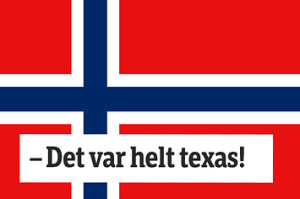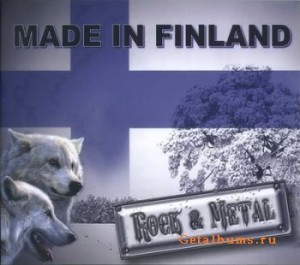 I’ve been familiar for some time with the small German-speaking community in Texas, centered around towns in the Texas Hill Country, particularly Fredericksburg and New Braunfels (home to a very nice German restaurant). Unfortunately, the Texasdeutsch dialect is dying out. The clip below describes the dialect – note the opening scene in the wonderfully named town of Weimar.
I’ve been familiar for some time with the small German-speaking community in Texas, centered around towns in the Texas Hill Country, particularly Fredericksburg and New Braunfels (home to a very nice German restaurant). Unfortunately, the Texasdeutsch dialect is dying out. The clip below describes the dialect – note the opening scene in the wonderfully named town of Weimar.
But apparently, Norwegians in Texas are doing fine, according to a recent article in The Guardian, about Clifton, the “Norwegian Capital of Texas”, although it’s not evident that the Norwegian language has survived there.
The piece was prompted by an article in Texas Monthly about the use of the word “texas” as an adjective in contemporary Norwegian, meaning crazy or wild. The article cites a number of articles illustrating the use of “texas” in spoken and written Norwegian. It most commonly appears in the expression, “det var helt texas”, describing something wild and chaotic. In a report from the BBC, the use of the word is traced back:
[The use of texas] became part of the language when Norwegians started watching cowboy movies and reading Western literature, according to Daniel Gusfre Ims, the head of the advisory service at the Language Council of Norway. ‘The genre was extremely popular in Norway, and a lot of it featured Texas, so the word became a symbol of something lawless and without control,’ he says.
Ims mentions in the interview that Texas is not the only US state that is used in this kind of metonymy (a thing or concept being called not by its own name, but by another name which is associated with it): “Norwegians also use the term ‘hawaii football’ to describe an ‘out-of-control’ match”.
The Guardian actually asked people in Clifton if they had heard of the “texas” adjective use in Norwegian – no one had.


